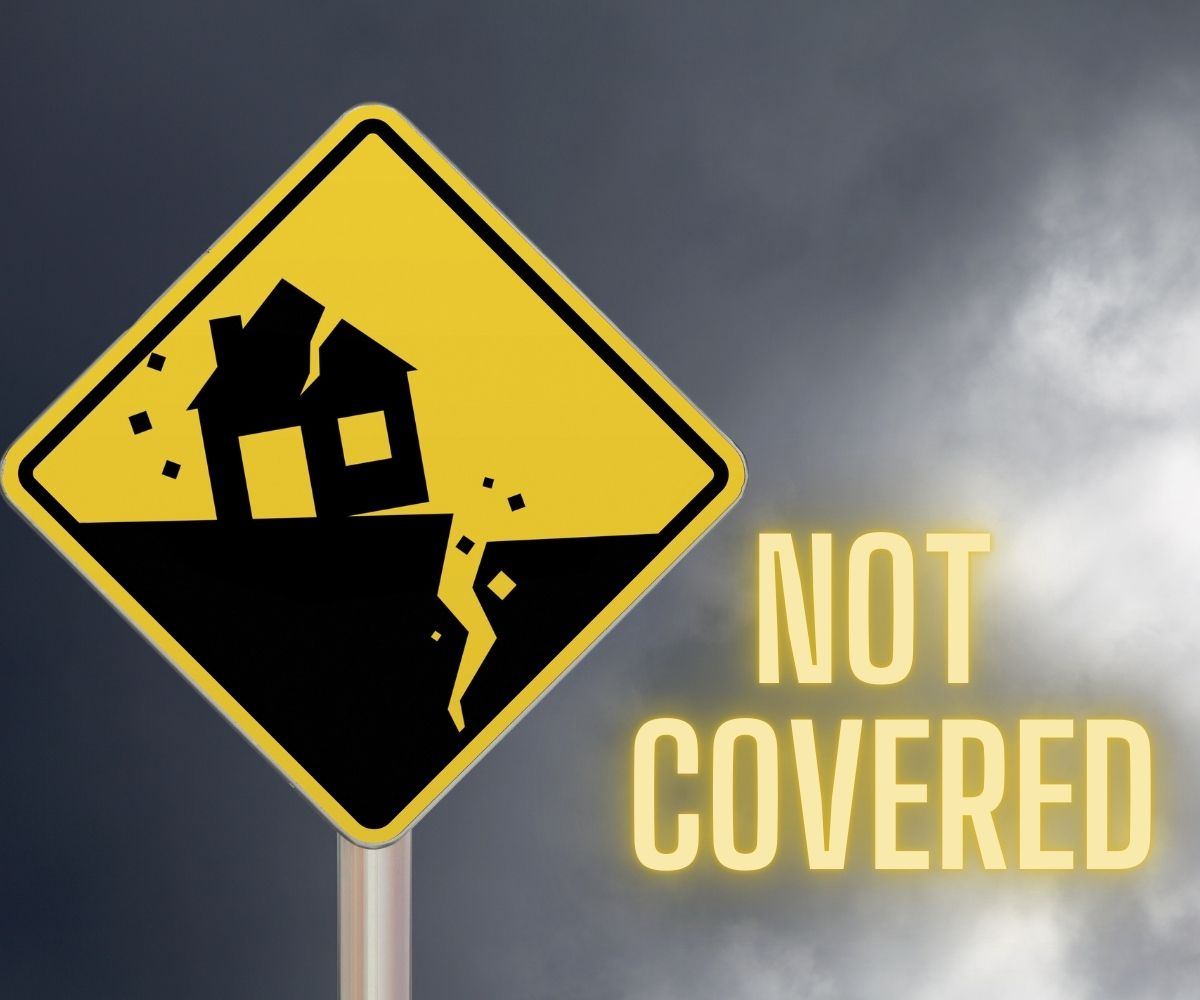Most new homeowners know that purchasing a house insurance policy is a sensible decision. Those small monthly payments you barely notice coming out of your bank account can save you from financial ruin in the event of catastrophic property damage.
However, some people purchase home insurance policies without doing their homework. Alongside reading the fine print provided by your insurance company, it can be worth familiarizing yourself with the following details:
No Doesn’t Always Mean No
Insurance providers are there to help homeowners protect their investments. Unfortunately, that doesn’t mean they’ll always leap into action when you need them. Some insurance companies will try every loophole to get out of paying a claim, tying homeowners up in insurance claim disputes for weeks, months, or even years.
However, you don’t have to be alone in your fight for the insurance payout you deserve. Instead, if you find yourself in this position, reach out to insurance dispute resolution providers who can deal with your insurance company on your behalf.
You Don’t Have to Pick the First Insurer
Some insurers are more highly regarded, popular, or well-known than others. As a result, you can be tempted to purchase a policy with the first provider you remember the name of. That might be the best option, but it isn’t always. Most experts recommend getting quotes from at least five companies and comparing all policy details. That way, you can be sure you’re getting the best deal.
Premiums Vary
What your friends and family members are paying for a policy may dramatically differ from what you need to pay. Premiums can vary based on:
- The crime rate and other factors relating to your neighborhood
- Your home’s condition
- The coverage amount
- Coverage options
- Past claims history
- Building material availability

Natural Disasters Aren’t Always Covered
Hundreds of $1 billion-plus weather and climate disasters have occurred in the United States since 1980. You might assume that having home insurance would mean any damage sustained in a natural disaster will be paid for by insurance. That’s not always the case.
Many natural disasters are excluded from standard coverage. For example, earthquake damage is usually excluded, as is flood damage. You might not even be covered for sinkhole damage. If you want coverage for these events, you’ll often need to purchase a separate policy.
You Can Save Money
Insurance expenses can add up quickly if you require a number of policies. Thankfully, many insurance companies offer 10%+ discounts for people who bundle policies for home, health, auto, and similar. If you’re already shopping around for policies, ask what discounts your provider offers to see if switching makes financial sense.
Price Isn’t Everything
Many people base their policy-purchasing decisions on who offers the most competitive rates. While we all like saving money, this can be a costly mistake. To ensure you’re genuinely getting a good deal, review policies with a fine-tooth comb to compare policy wording, limits, and coverage. Sometimes, spending more can be the better option if it means less stress and more rights when claiming.
Some Companies Have Poor Reputations
Insurance companies differ greatly in terms of how they treat their clients. Don’t be afraid to research particular companies to see how they stack up. Many websites like the National Association of Insurance Commissioners have been established to compare companies based on customer feedback, financial health, and claims processing.
You won’t have all the facts about home insurance when you’re a new homeowner. However, that doesn’t mean you can’t be well-informed. Review policies, research insurance companies, and remember the facts above. You’ll then be ready to make a well-informed decision.

